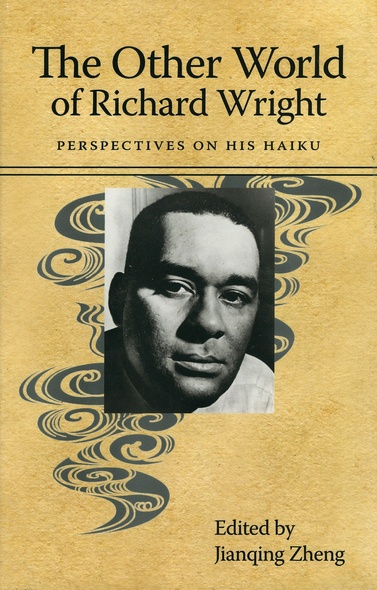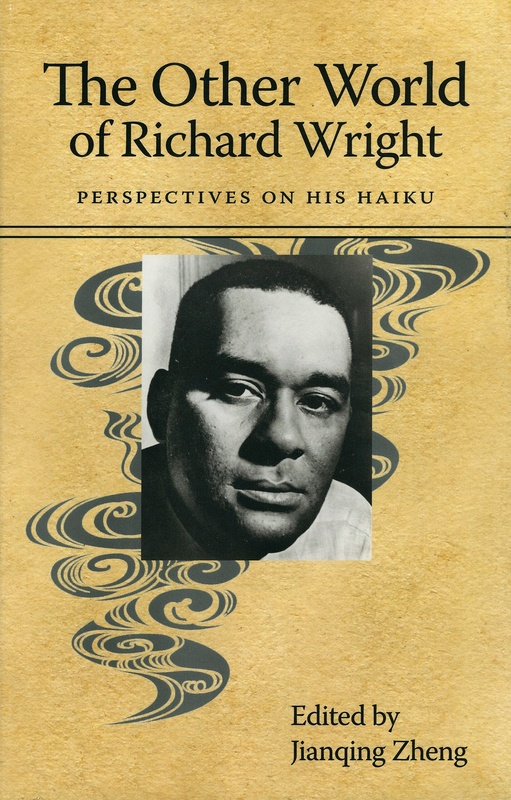The Other World of Richard Wright
Perspectives on His Haiku
The Other World of Richard Wright: Perspectives on His Haiku reveals Richard Wright’s poetic vision toward the human world. Through the minimal form of haiku, Wright (1908–1960) found his poetic connection to nature. This sensibility displays not only the change in him as a writer but also the tenderness in him as a human being.
These essays open up a new territory in Wright studies by tracing the development of Wright’s aesthetic and its relationship to African and Japanese cultures. The book tells how haiku offered a therapeutic outlet for Wright in his final two years of life in Paris, explores the influence of Zen Buddhism on Wright’s haiku, and delivers a thematic analysis of Wright’s haiku. The collection also gives us a focused examination of how Wright’s haiku reveal a conflict between nature and culture, how women are exploited for labor and sex by the culture at-large, and how the South in Wright’s haiku symbolizes a place full of dreams, memories, hardships, and loneliness with his images of cotton, freight trains, croaking frogs, magnolia trees, and hog-killing.
The Other World of Richard Wright is a treasure trove of critical insights into Wright’s life, his fiction and nonfiction, and his haiku. This volume accomplishes its editor’s goals; the topics and themes identified in this volume provide scholars numerous opportunities to further explore the worlds of this major American writer.
John Zheng is professor of English at Mississippi Valley State University and editor of African American Haiku: Cultural Visions; Conversations with Jerry W. Ward Jr.; Conversations with Dana Gioia;and Conversations with Sterling Plumpp; and coeditor of Conversations with Gish Jen,all published by University Press of Mississippi.






